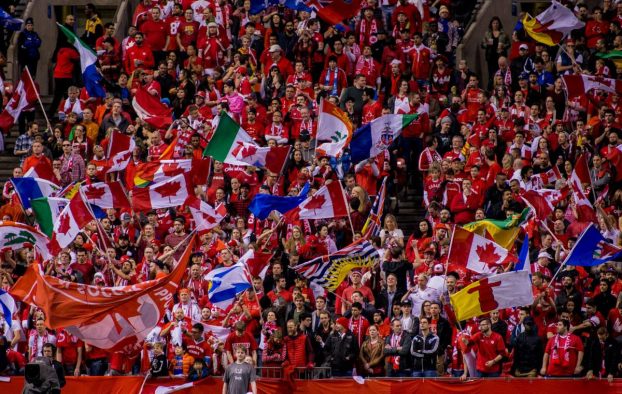
Low-calorie beverages are now more popular than their full calorie, full sugar counterparts, according to new research.
The Conference Board of Canada and Canadian Beverage Association released a new report that looks at trends and the economic impact of the non-alcoholic beverage sector in Canada. It found that low-calorie beverages now represent 58% of the non-alcoholic market across sub-categories.
This shift in consumption towards low-calorie servings has reduced the total daily calories per person from beverages by over 16%, with most categories seeing an increase in low-cal servings consumed.
The biggest increases in low-cal servings consumed between 2014 and 2021 are seen in non-carbonated drinks, energy drinks, sports drinks, carbonated drinks and nectars. Office delivery water remains unchanged, while enhanced water is trending in the opposite direction.
The report reveals that total expenditure on non-alcoholic beverages has grown by 14% between 2010 and 2019, reaching $11.9 billion, with about 11.2% of the total yearly food budget among all Canadian households allocated to non-alcoholic beverages on average.
Over the last decade, real spending on non-alcoholic beverages has also stabilized at around $800 per household annually.
The report also provides an overview of various sustainability measures the non-alcoholic beverage sector has taken. These include adopting sustainable packaging materials, ongoing improvements to producer responsibility and deposit-return systems, and investment in sustainable production processes.
In 2019, non-alcoholic beverage producers diverted over 11 billion beverage containers from landfills resulting in a savings of more than 1 million metric tonnes of carbon dioxide equivalents, which is equivalent to taking almost 240,000 cars off the road.























